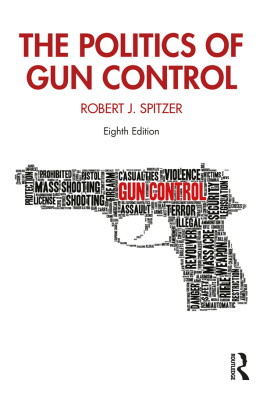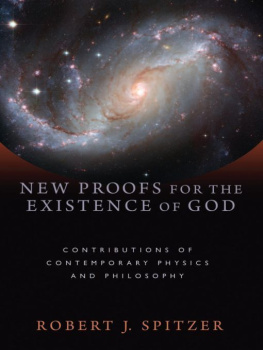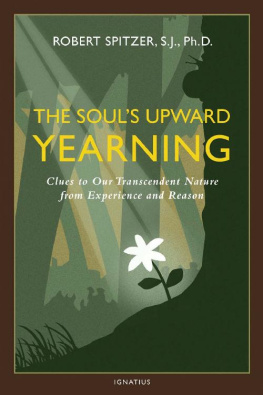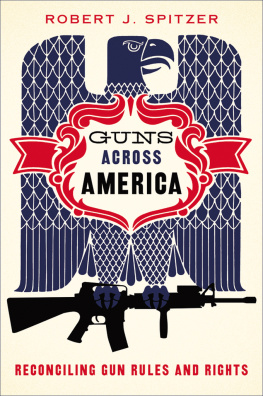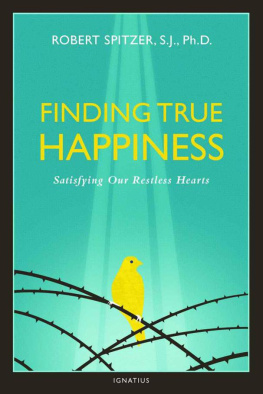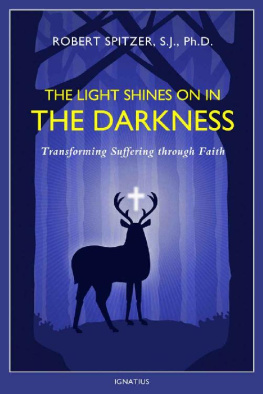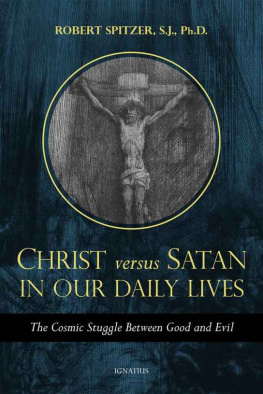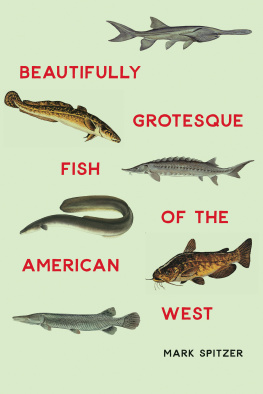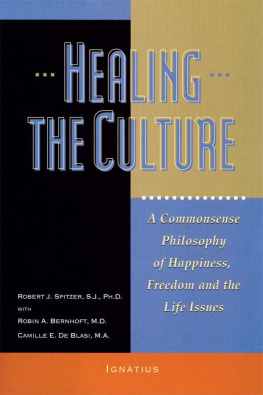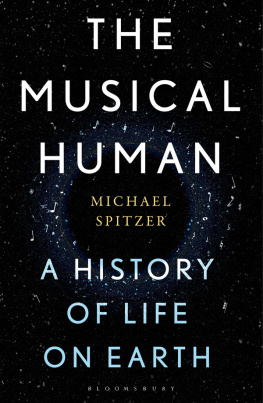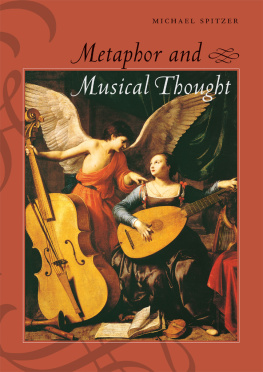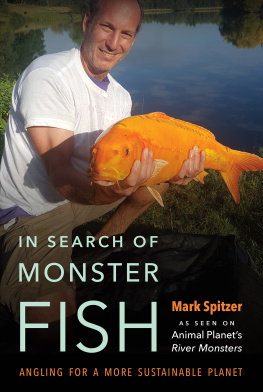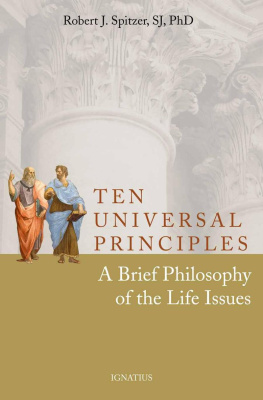Robert J. Spitzer - The Politics of Gun Control
Here you can read online Robert J. Spitzer - The Politics of Gun Control full text of the book (entire story) in english for free. Download pdf and epub, get meaning, cover and reviews about this ebook. year: 2021, publisher: Taylor and Francis, genre: Politics. Description of the work, (preface) as well as reviews are available. Best literature library LitArk.com created for fans of good reading and offers a wide selection of genres:
Romance novel
Science fiction
Adventure
Detective
Science
History
Home and family
Prose
Art
Politics
Computer
Non-fiction
Religion
Business
Children
Humor
Choose a favorite category and find really read worthwhile books. Enjoy immersion in the world of imagination, feel the emotions of the characters or learn something new for yourself, make an fascinating discovery.
- Book:The Politics of Gun Control
- Author:
- Publisher:Taylor and Francis
- Genre:
- Year:2021
- Rating:5 / 5
- Favourites:Add to favourites
- Your mark:
- 100
- 1
- 2
- 3
- 4
- 5
The Politics of Gun Control: summary, description and annotation
We offer to read an annotation, description, summary or preface (depends on what the author of the book "The Politics of Gun Control" wrote himself). If you haven't found the necessary information about the book — write in the comments, we will try to find it.
The Politics of Gun Control — read online for free the complete book (whole text) full work
Below is the text of the book, divided by pages. System saving the place of the last page read, allows you to conveniently read the book "The Politics of Gun Control" online for free, without having to search again every time where you left off. Put a bookmark, and you can go to the page where you finished reading at any time.
Font size:
Interval:
Bookmark:
I WISH TO ACKNOWLEDGE THE advice, assistance, and thoughtful comments of several SUNY Cortland colleagues and friends, including Seth Asumah, Bruce Atkins, Erik Bitterbaum, Frank Burdick, Gregg Lee Carter, James Clark, Deb Dintino, Herb Haines, Hubert Keen, Bruce Mattingly, Carol McPhee, Peg Murphy, Loretta Padavona, Tom Pasquarello, Len Ralston, Tim Shannon, Judson Taylor, and Don Wright. Two Cortland colleagues read significant portions of the original manuscript. My particular thanks go to Craig Little and Jerry OCallaghan. John Mearsheimer of the University of Chicago also offered crucial suggestions and advice. I also wish to thank Kathleen Burke and Mark Prus, both highly skilled economists at SUNY Cortland, for their expertise. Additionally, the following people offered many useful suggestions in their reviews of this or a past edition: Mark D. Brewer, University of Maine; Donald Davison, Rollins College; Burdett Loomis, University of Kansas; Melissa Buis Michaux, Willamette University; Patrick Pierce, Saint Marys College; Charles W. Smith, The Ohio State University; and Zachary Wilhide, Old Dominion University. I also thank Jennifer Knerr and Jacqueline Dorsey at Routledge.
I also wish to acknowledge Gail Spitzer, Jason Popa, Mellissa and Aaron Mitchell, Olivia Mitchell, Shannon Fuller, Alexis Long, Luke Fuller, Cassandra Fuller, and Skye Wilsonwho enjoys seeing her name in print, and who is also the Queen of Everything. And as always, I thank and acknowledge my late mother Jinny Spitzer (19252011) and my wonderful wife, Teresa.

Policy Definition and Gun Control
Were going to be very strong on background checks; very strong emphasis on the mental health of somebody. Were going to come up with a solution.
President Donald Trump at White House Meeting with gun violence survivors after the Parkland High School shooting, February 21, 2018
The [Trump] Administration opposes H.R. 8 [a House-passed bill to establish uniform background checks for gun purchases] because it would impose burdensome requirements on certain firearm transactions.
Statement of Trump Administration Policy, February 25, 2019
T HE CONTROVERSY OVER GUN CONTROL revolves around two related questions of government authority: does the government have the right to impose regulations, and, assuming the existence of such a right, should the government regulate guns, and to what degree? It is perfectly obvious that numerous gun control regulations already exist, from the national to the local level. Indeed, gun control opponents are quick to point out that thousands of gun laws exist throughout the country, a fact usually quoted to underscore their belief that such regulation is futile. Literature produced by the National Rifle Association (NRA) mentions an estimated twenty thousand local, state, and federal firearms laws, but that oft-repeated number is incorrect. A careful recent count of gun laws in the United States produced an actual number of about four hundred. Gun control opponents also argue that further gun restrictions could impinge on constitutional rights and the innate rights of the citizenry in a free nation. These arguments reappear in every presidential election. In 2008, for example, Democratic presidential nominee Barack Obama was pilloried for his past support of gun regulations, and gun rights advocates translated that support as alarmist claims that Obama would be a gun-grabber as president. Obamas response was emphatic that he supported Second Amendment rights and had no intention of interfering with legitimate gun activities, including hunting and sporting. Yet Obamas reassurances did not assuage the critics. In fact, the Brady Campaign, a pro-gun control organization, gave Obama a failing grade of F for his performance on the gun issue during his first term. After his 2012 re-election, Obama did press for tougher national gun laws in the aftermath of the Sandy Hook Elementary School shooting, but that effort fell short.
In 2016, Republican Donald J. Trump campaigned enthusiastically for the presidency on a staunch pro-gun rights agenda, thanks in large part to the early and enthusiastic backing of the NRA, and they claimed credit for his narrow victory. Two years later, however, the national pendulum on guns had swung in the other direction, and many Democrats (and even a few Republicans) around the country embraced a strong gun safety platform to win control of the House of Representatives for the first time in ten years. In the 2020 presidential contest, the gun issue played a similarly prominent role.
Competing values about guns, safety, and freedom clashed in the aftermath of one of the worst mass shootings of modern times at a nightclub in Orlando, Florida. American-born Omar Mateen, a twenty-nine-year-old son of Afghani immigrants, entered the Pulse nightclub in the early hours of June 12, 2016, armed with a SIG Sauer assault-style rifle and a Glock semiautomatic handgun. Both were legally purchased. Most of the forty-nine people killed and fifty-three wounded were shot shortly after his entry. After several hours, police used an armored vehicle to batter down a wall, leading to the shooters death by police. Key questions of motive swirled around this heinous crime. During the standoff, Mateen called police to state his allegiance to the Islamic State. In 2013 and 2014, the FBI investigated Mateen as a possible terrorist suspect, but failed to find sufficient evidence. After his death, no actual links to terrorist groups were found. In a different possible motive, Mateen may have had mixed feelings about his own sexuality. The Pulse was considered a gay nightclub, and Mateen had visited the club several times as well as social media sites for making connections with gay men. Several witnesses claimed that Mateen had sought out personal relations with male nightclub patrons. Was this a case of a terrorist who slipped through government screening? Was that simply an excuse by Mateen for his real motive, related to doubts about his own sexual identity? How aggressive should the government be in trying to identify those with political or other motives for killing random innocent civilians?
Before proceeding with key questions about guns and American society, we must begin with the role and purpose of government regulation.
The fundamental purpose of governmentindeed, its first purposeis to establish and maintain order. As many political thinkers have noted, human existence before the establishment of governments was chaotic and anarchic. Writing in the seventeenth century, the British political theorist Thomas Hobbes noted in his Leviathan that life in such a state of nature was solitary, poor, nasty, brutish, and short. The only law in this situation was that of self-preservation, when one could expect only the war of every man, against every man. To stave off such an anarchic condition, people formed governments, to which citizens traded some of their freedom, including the freedom to kill or be killed, in exchange for the order of civil society. In such a civil state, according to Hobbes, there is a power set up to constrain those that would otherwise violate their faith.
Writing several decades after Hobbes, the British political thinker John Locke concurred, noting in his Of Civil Government that God hath certainly appointed government to restrain the partiality and violence of men. I easily grant that civil government is the proper remedy for the inconveniences of the state of nature. That we in America largely take the value of order for granted is a testament to the remarkable stability of American life. And, as James Madison wrote to Thomas Jefferson in 1788, It is a melancholy reflection that liberty should be equally exposed to danger whether the Government have too much or too little power.
Font size:
Interval:
Bookmark:
Similar books «The Politics of Gun Control»
Look at similar books to The Politics of Gun Control. We have selected literature similar in name and meaning in the hope of providing readers with more options to find new, interesting, not yet read works.
Discussion, reviews of the book The Politics of Gun Control and just readers' own opinions. Leave your comments, write what you think about the work, its meaning or the main characters. Specify what exactly you liked and what you didn't like, and why you think so.

